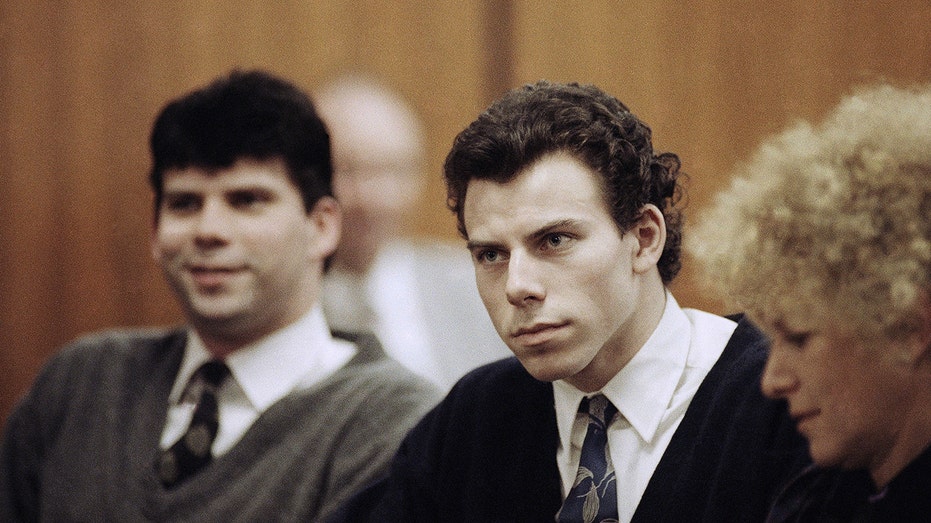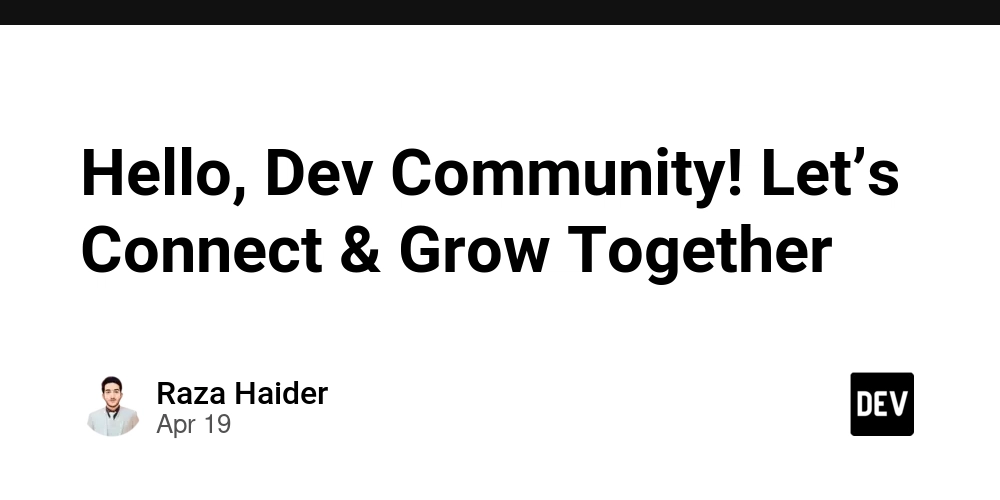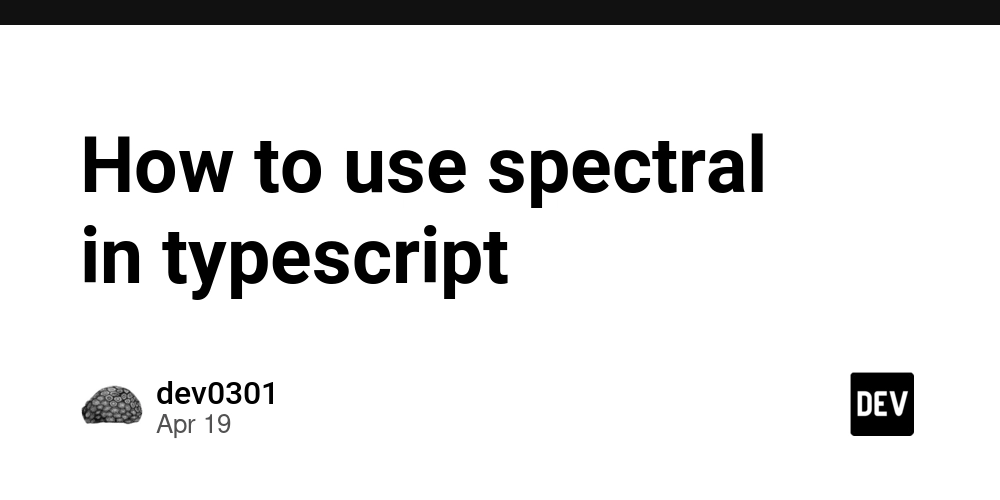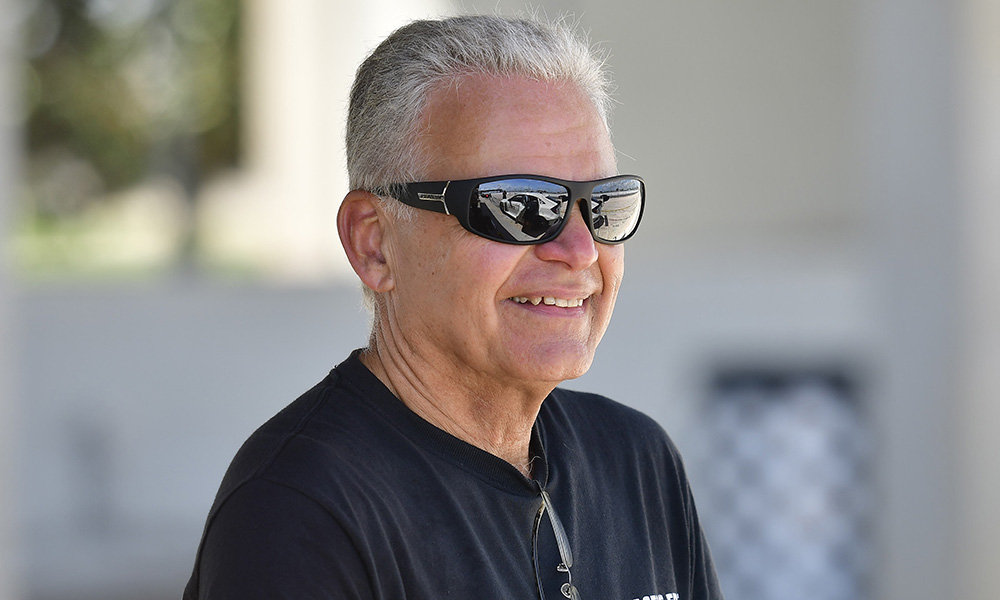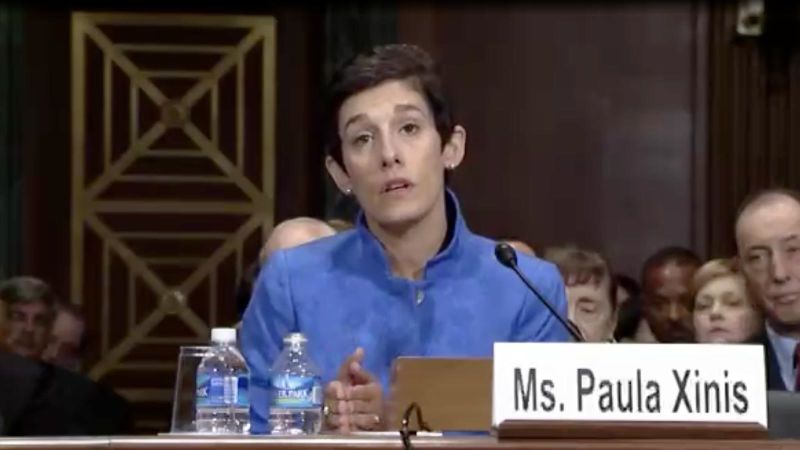Putin isn’t negotiating peace — he’s laughing at America
Any U.S. outreach to Russia is read by the Kremlin weakness to be exploited, not a gesture of goodwill to reciprocate.

If you want to know the nation Russians despise most, start with the obvious: Ukraine — the “brotherly nation” of yesteryear, whose schools and hospitals must now be bombed in the name of “liberation.”
But not far behind is the U.S. According to the Levada Center, Russia’s last remaining independent pollster, three-quarters of Russians see the U.S. as the bad guy. Tehran draws eight times as much affection as Washington. And the love for China is nearly as overwhelming as the hatred for America.
Russia is not a country seeking a “reset” or compromise — it is conditioned to view us as an existential enemy. In the 1990s, when Russia flirted with democracy under Boris Yeltsin, 70 percent of the population thought America was a friend and 15 percent a foe. Under Putin, those numbers have flipped.
The Kremlin’s power rests on selling a lie to its population, that Russia is defending itself against a scheming West, with Europe portrayed as Washington’s vassal. In Putin’s telling, this isn’t a war with Ukraine but a war with NATO. How else could Moscow explain the pathetic performance of its own military? Three years after the full-scale invasion, Russia controls less of Ukraine than it did in 2022. And the harsh truth — which Moscow buries — is that Ukrainians are fighting alone.
No American or European troops have joined in. No NATO jets are intercepting Russian missiles the way American systems helped shield Israel from Iran’s barrage. Yes, the U.S., Europe and other allies have provided weapons and aid — reluctantly, often too late — because no civilized nation can sit by idle while the Russian military redraws borders by force and commits the most heinous war crimes.
Our aid to Ukraine is not charity, nor are we funding a proxy war — America is standing up for freedom and the principle that sovereign nations should not have to live in fear of their violent neighbors. Together with the U.K., France and Russia, the U.S. stripped Kyiv of its nuclear deterrence in the 1990s, offering security assurances in return. If America’s word means nothing, who will trust us again — and what will stop the next aggressor from trying the same?
Any U.S. outreach to Russia is read by the Kremlin as a weakness to be exploited, not a gesture of goodwill to reciprocate. As former British Prime Minister Boris Johnson put it, “Putin isn’t negotiating. He’s laughing at us.”
With an economy the size of Texas and collapsing demographics, Russia knows it is no global superpower. Rather, it is a bloodsucking kleptocracy anchored in a dream of colonization — incapable of delivering prosperity to the people, but skilled at peddling fantasies of greatness in exchange for obedience. Unable to rise, Moscow aims to pull America down instead, believing its best shot at relevance lies not in competing with the West, but in weakening it.
Putin lied about Crimea when Obama was president, lied about Syria during Trump’s first term, lied to Biden about having no plans to invade Ukraine — and he is lying now. It’s hard to find a single instance where Putin wasn’t lying — manipulating, embarrassing or demeaning Western leaders he holds in contempt.
None of it is subtle. After Trump’s reelection in 2024, Russian state television aired decades-old nude photos of Melania Trump during primetime. This was easy to dismiss as pointless trolling, but anyone who has been to Russia will recognize it as psychological warfare — a KGB specialty.
In a recent display of open mockery, Putin was caught on camera giggling when reminded he was late for a scheduled call with Trump. Surrounded by Russian business elites, he smirked as his entourage burst out laughing — making clear the delay was no accident but a calculated power play straight out of reflexive control, the Soviet-era doctrine of manipulating opponents into acting against their own interests.
Another master class in snookering America unfolded at the United Nations, where America found itself in the company of Belarus, Burkina Faso, North Korea, Russia and Sudan voting against a recent resolution meant to state the obvious: there is a difference between invading and being invaded. Russia was no doubt thrilled to see the U.S. dragged into such a diplomatically humiliating position.
The pattern isn’t new. After World War II, the Soviet Union quickly betrayed its wartime allies, plunging the world into the Cold War and condemning generations of Estonians, Latvians, Lithuanians, Poles and others to lives of oppression. Expecting Putin's Russia to act differently, despite all evidence, isn’t realism but delusion.
America’s choice is simple: Stop playing a rigged game. Don’t dignify a regime that sees our humiliation — not compromise — as its endgame.
After months of the Kremlin’s repugnant trolling, Trump is rightly “pissed off” at Putin — but actions, not words, are what matter. Moscow can end its criminal war any day by pulling troops back to Russia. If Americans want to be treated with respect, we must stop projecting weakness and offering ourselves up for ridicule.
Refusing to accept the Kremlin’s derision or entertain absurd demands isn’t escalation — it’s what national honor requires.
Andrew Chakhoyan is an academic director at the University of Amsterdam. He previously served in the U.S. government at the Millennium Challenge Corporation and studied at Harvard Kennedy School and Donetsk State Tech University.


